Moonlight: A Missed Opportunity for Profound Storytelling
A powerfully acted but superficially written, politically correct coming-of-age drama about a young, black, gay man from the projects.
Moonlight tells the story of Little, a young, black boy named Sharon, growing up in the impoverished Liberty City neighborhood of Miami. Raised by a single mother (Naomi Harris) struggling with addiction, Sharon faces relentless bullying and finds solace in an unlikely place: the home of Juan (Mahershala Ali), a local drug dealer. Despite the fact that Juan’s operation fuels Sharon’s mother’s addiction, he takes the boy under his wing, offering him the fatherly guidance he desperately needs. After Juan’s untimely death, his girlfriend, Teresa (Janelle Monáe), continues to care for Sharon. As Sharon matures, he grapples with his identity, realizing he is different from his peers, not only in his demeanor but also in his sexual orientation.
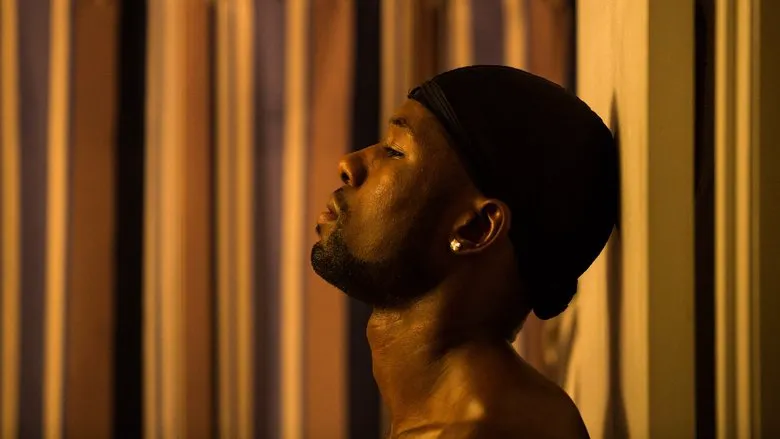
The film is based on the semi-autobiographical play by actor and playwright Tarrell Alvin McCraney. The main character’s mother is a composite of the mothers of both McCraney and the film’s director, Barry Jenkins, both of whom struggled with drug addiction.
Barry Jenkins, a Miami-born, black director, began his career with the low-budget romantic drama Medicine for Melancholy. Moonlight, his second feature, was met with overwhelming praise from American liberal critics, reminiscent of the enthusiasm surrounding Barack Obama’s election. Critics lauded the film for its portrayal of a black, gay man from a disadvantaged background (a demographic rarely represented in American cinema, where gay characters are typically white and middle-class) as the central protagonist, focusing the narrative on his journey of self-discovery in a society that expects him to conform to traditional notions of masculinity and heterosexuality. Reading these reviews, one might think Jenkins is a cinematic messiah and Moonlight the greatest film of the decade.

The film received eight Academy Award nominations, including Best Picture, Best Director, and Best Adapted Screenplay.
However, our concern isn’t with how frequently Hollywood depicts certain aspects of American life. We’re more interested in how Russian life is portrayed in our own cinema. Therefore, we’re evaluating Moonlight not as an ideological breakthrough but as an arthouse drama that chronicles the protagonist’s coming-of-age in exceptionally challenging circumstances: minimal maternal care, a near-total absence of friends, relentless bullying, and a bleak outlook on life. According to the film, the only paths available to those living in Sharon’s neighborhood are those of drug dealer, drug addict, or both.
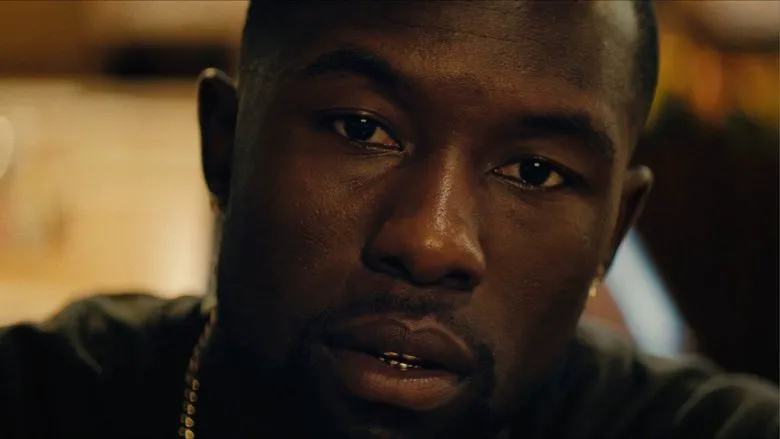
A Fragmented Narrative
What can be said about Moonlight? Primarily, that its narrative feels fragmented and, consequently, superficial. The film is divided into three chapters, each focusing on Sharon at different stages of his life: childhood, high school, and adulthood as a powerful drug dealer. Each of these chapters could, and perhaps should, have been developed into a separate full-length film – particularly the first chapter, where the kind-hearted drug dealer enters the boy’s life, and the third, where Sharon finds the courage to confess his feelings to a former classmate.
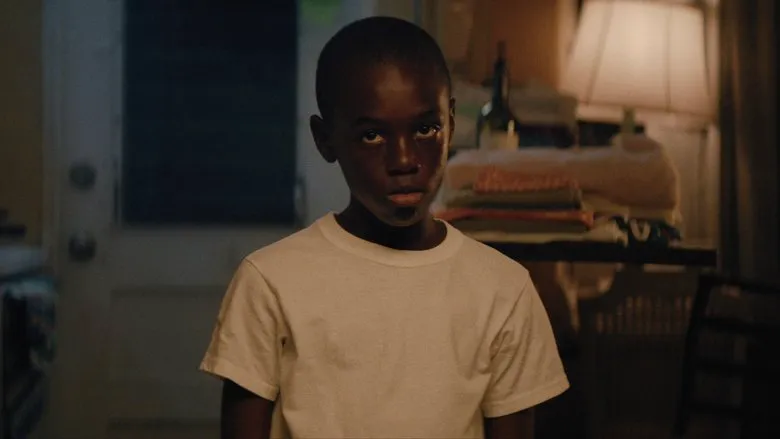
One can easily imagine fully realized, thoughtful stories about a drug dealer who is too good for his profession and a drug dealer who leads a double life – “tough” for his subordinates and “sensitive” for those with whom he can be vulnerable. In fact, these two storylines could have been combined to create a far more profound and compelling film than the one Jenkins delivered.
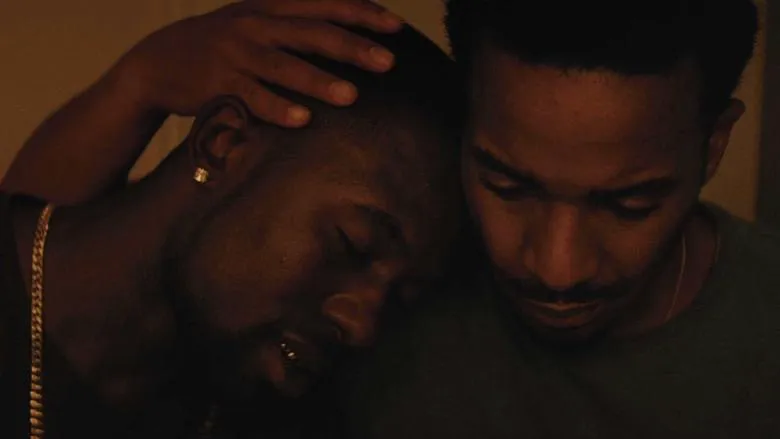
Missed Opportunities for Character Development
Regardless, Juan and the adult Sharon deserved more in-depth script development than Jenkins provides. Due to the brevity of each chapter, the director resorts to simple statements (“The character used to be this way, and now he’s different”) rather than crafting dramatic narratives, even when they are begging to be told. Moreover, Juan is so much more charismatic than Sharon at any age that one gets the impression the film either chose the wrong central character or prematurely removed the older gangster from the story. The film suffers greatly when the colorful Mahershala Ali disappears from the screen.
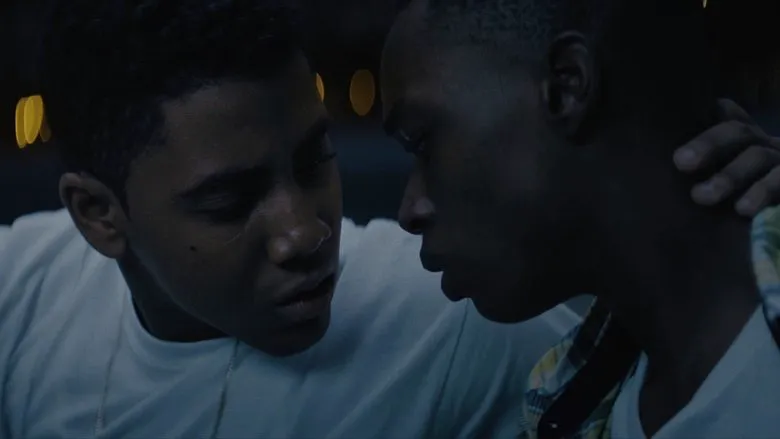
At the very least, the film succeeds in its stated goal of reflecting the difficulties of growing up in a society that offers children little and demands much from them. And the three temporal layers of Moonlight allow it to, if not fully explore, then at least outline different facets of this problem, which is by no means limited to America.
Redeeming Qualities
Among the film’s strengths, two stand out: the convincing and heartfelt performances by actors of all ages and the soundtrack, which blends diverse styles, from the expected rap to surprisingly fitting classical music. The actors, the soundtrack, and a few touching and poetic scenes (such as the tender moment when Juan teaches Sharon to swim) salvage the film when the script falls short. Overall, however, Moonlight feels more like a missed opportunity than a fully realized achievement.